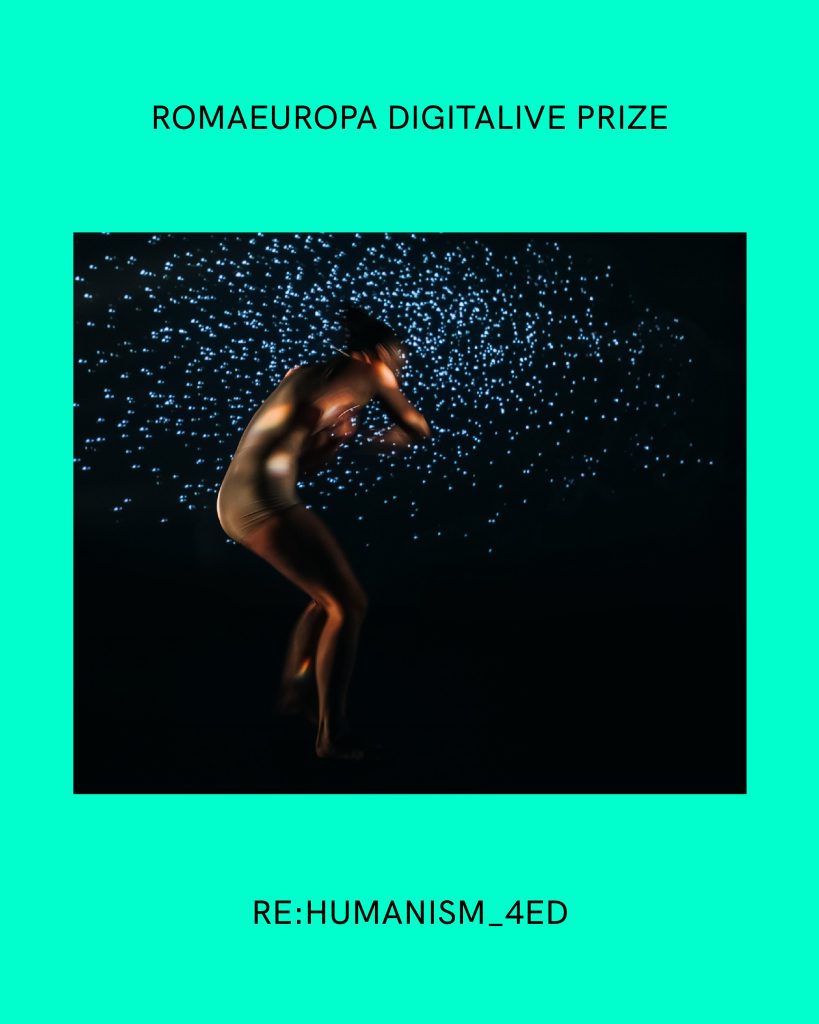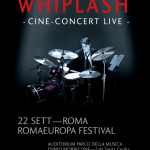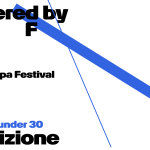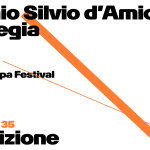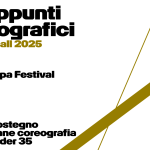Al Romaeuropa Festival torna il Romaeuropa Digitalive Prize, indetto da RE:Humanism, dedicato a esplorare il rapporto tra arte e intelligenza artificiale. La partecipazione al bando è gratuita e la scadenza è fissata per il 31 marzo 2025, alle ore 18.00 (fuso orario di Roma). Prima di candidarsi, consultare il regolamento e le modalità di partecipazione qui.
Questa edizione sarà dedicata ad una riflessione sul tempo, spesso vissuto da una prospettiva occidentale e orientato al futuro e alla produttività. Per questo è fondamentale l’apertura ad altre forme culturali e rituali. Un invito a recuperare, nelle tecnologie come nella vita di tutti i giorni, una sincronicità capace di riconnettere l’esperienza di ciascuno con il mondo circostante, le specie viventi, persino le entità artificiali e noi stessi.
Oggi, i nuovi modelli generativi definiti large language models (LLM) consentono una maggiore accessibilità di queste tecnologie, ma anche una maggiore opacità. Se da un lato chiunque può utilizzare il linguaggio naturale (prompt) per ottenere contenuti con un alto grado di accuratezza, dall’altro questi modelli necessitano di enormi quantità di dati che devono anche essere classificati e organizzati per ottenere risultati soddisfacenti. Il tema dell’archivio, già centrale nel discorso artistico, lo diventa ancora di più con questi strumenti. Le decisioni su quali dati conservare e quali scartare dipendono fortemente dall’intervento umano, e il rischio di ripercussioni aumenta esponenzialmente con l’IA.
In questo contesto, il mondo dell’arte si trova al centro di questa rivoluzione algoritmica: le interfacce dei modelli generativi, pur rendendo più accessibile la creazione di contenuti, riducono la trasparenza e la consapevolezza dei processi che li generano. Il dibattito si concentra sul concetto di autorialità e sul suo riconoscimento, mentre emergono preoccupazioni su come l’intelligenza artificiale riproduca stereotipi o limiti intrinseci del calcolo statistico, piuttosto che generare autentica creatività.
In risposta, molti artisti stanno esplorando nuovi flussi di lavoro, cercando soluzioni sostenibili che trascendano la natura ricorsiva degli algoritmi. Tra i temi affrontati, emergono discorsi sul genere, la decolonizzazione, le visioni rituali e ancestrali, l’intertestualità e la sincronicità, oltre a prospettive speculative che mirano a delineare nuovi orizzonti culturali e sociali. Questa edizione intende promuovere riflessioni su come ripensare sistemi di valori ormai al limite della loro utilità, invitando gli artisti a immaginare e sperimentare strumenti in grado di superare la condizione attuale. L’obiettivo è creare visioni capaci di tracciare traiettorie verso un futuro più inclusivo, etico e sostenibile.
I vincitori saranno annunciati sul sito www.re-humanism.com entro la fine di aprile 2025.
REF2025 online Open Call for the Romaeuropa Digitalive Prize in collaboration with Re:Humanism
At the Romaeuropa Festival 2025 returns the Re:Humanism Art Prize, which, from 2019, is dedicated to exploring the relationship between art and artificial intelligence. Participation in the competition is free of charge and the deadline is set for 31 March 2025, at 6pm (Rome time zone). Before applying, see the rules and regulations and how to participate here.
Today, new generative models defined as large language models (LLM) allow greater accessibility of these technologies but also greater opacity. While anyone can use natural language (prompt) to obtain content with a high degree of accuracy, on the other hand these models need enormous quantities of data which also need to be classified and organized to obtain satisfactory results. The theme of the archive, already central in the artistic discourse, becomes even more so concerning these tools. Decisions about which data is preserved and which is discarded are highly dependent on human intervention, and the risk of repercussions exponentially escalates with AI.
In this context, the art world finds itself at the center of this algorithmic revolution: the interfaces of generative models, while making the creation of content more accessible, reduce the transparency and awareness of the processes that generate them. The debate focuses on the concept of authorship and its recognition, while concerns emerge about how artificial intelligence reproduces stereotypes or intrinsic limits of statistical calculation, rather than generating genuine creativity.
In response, many artists are exploring new workflows, seeking sustainable solutions that transcend the recursive nature of algorithms. Among the topics addressed, discourses on gender, decolonization, ritual and ancestral visions, intertextuality and synchronicity emerge, as well as speculative perspectives that aim to outline new cultural and social horizons.
This edition aims to foster reflections on how to rethink value systems now at the limit of their usefulness, inviting artists to imagine and experiment with tools that can overcome the current condition. The goal is to create visions capable of tracing trajectories towards a more inclusive, ethical and sustainable future.


